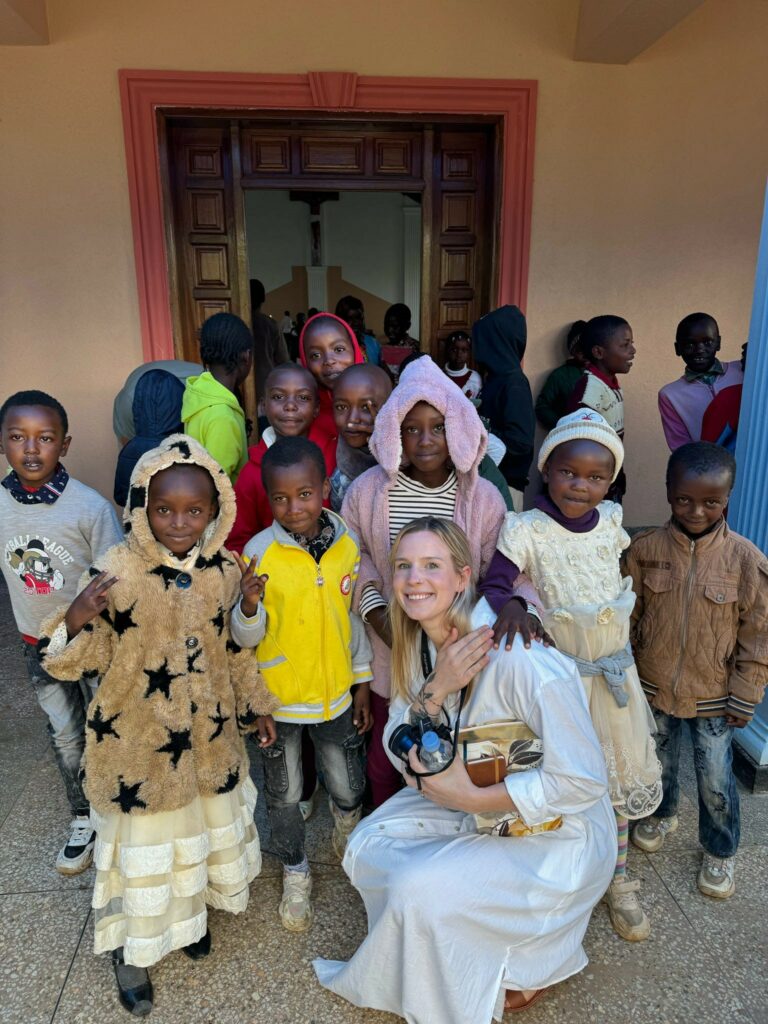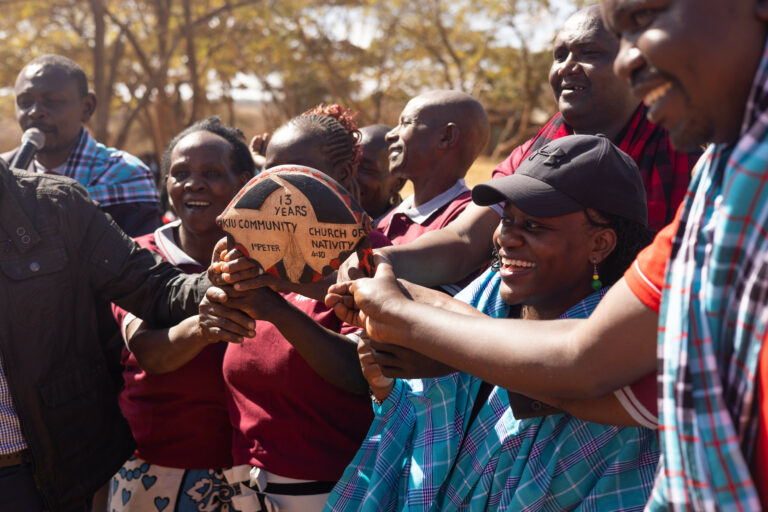
Do you know the difference between African time and American time? …and I don’t mean the time zone difference.
If you’ve been to Kenya you know what I mean. Breakfast is at seven… morning devotion at 7:30… and the bus is supposed to leave the hotel at eight. The team is at the dining room at 7am sharp, only to find that breakfast isn’t ready. At 7:20, the food arrives… the team eats quickly, washes it down with some bad instant coffee, and rushes to the devotion. By eight o’clock they’re at the front of the hotel, back-packs in hand, only to find that the bus isn’t there. 8:15 passes… 8:30… at 8:40 the bus rolls up with the driver smiling from ear to ear, greeting the team as if nothing is wrong. On the way to the community, the bus stops for fuel and more water. And the Americans wonder, “Why didn’t he take care of that on the way to the hotel??? Now we’re really late!”
And then you get to the community… the program is suppose to start at 9 o’clock. You arrive an hour late and no one’s there. At 11 o’clock, people start strolling in and the program doesn’t really get started until noon. Some team members are scratching their heads, while others are really frustrated. “We have so much to do, and now we’re starting three hours late! Don’t they know that it’s almost lunch time?”
This is a simple example, albeit a little extreme, of what happens when cultures collide on the topic of time. For the Americans, time has authority. It’s limited. It has real value. Combine the “value of time” and our love affair with efficiency, and you get frustrated when time is wasted. Time should be saved, not wasted. It tells us when to do things and we listen to it.
But for developing-world cultures like Kenya, time is viewed as unlimited. A Ugandan friend once told me, “We may not have much in Africa, but we have a lot of time.” What he meant was that itineraries and schedules are merely guidelines. They put much more emphasis on personal relationships and community than productivity.
Not us Americans. No… time must be kept. For us, it’s about how much we can do in a certain amount of time. Productivity. Efficiency. Most of us even get frustrated when we don’t know what we’re supposed to be doing weeks or months from now. What we lose is the deep sense of community and relationship that our Kenyan friends value.
I’m not implying that one is right and the other is wrong. They’re just different. What we gain in productivity, we give up in community. Our Kenyan friends value a deeper sense of community at the expense of productivity. It’s just the way it is and that’s why we remind folks that the single most important thing to remember when they visit Kenya is flexibility; especially with time.
So are you going to Kenya this year? Are you wondering what you’ll be doing everyday? Are you asking questions like, “What’s the itinerary?” “Why don’t we know what our schedule is?” “We leave in a few months and we don’t even know what we’ll be doing yet?” All these questions are valid, but driven by the authority that time has in our lives.
So relax… spend the time leading up to your trip on building relationships within your team. You’ll have plenty to do when you get there, and we’re fairly certain that you won’t get it all done. You’ll be too busy building relationships with your new Kenyan friends.
[If you’re reading this and you’ve been to Kenya, do you agree? Disagree? Tell us your experience. It might be helpful to the 900+ folks going this year.]





